10 Hot Cybersecurity Companies You Should Watch In 2023
These 10 companies across segments such as security analytics, cloud security and application security have been on our radar in a big way at CRN, thanks to their strong momentum and channel commitment.
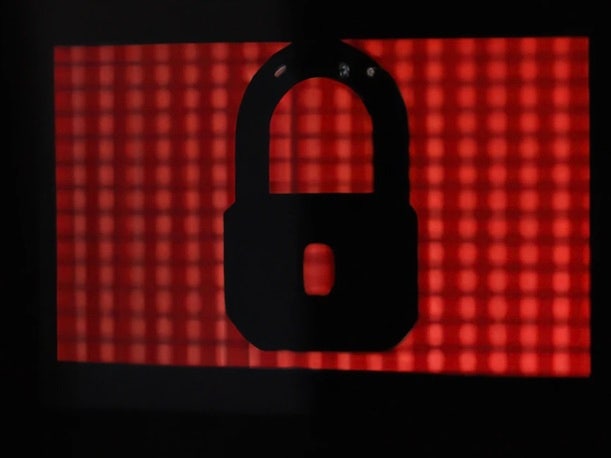
Rising Names In Cyber
Among the many hundreds of cybersecurity companies with products in the market, some stand out because they are the juggernauts of the industry, the vendors that everyone’s trying to beat: CrowdStrike, Microsoft, Palo Alto Networks, Zscaler. Still others stand out because they’ve got massive momentum in a key area of the market, suggesting they’re on their way to joining the ranks of the biggest names. It’s the latter type of companies we want to focus on in our picks for 10 hot cybersecurity companies that are worth watching closely in 2023.
[Related: The 10 Hottest Cybersecurity Tools And Products Of 2022]
We chose these vendors because they’ve clearly got major traction, based upon recent funding rounds (raised in a very un-ideal funding environment); notable product launches; acquisitions of innovative startups; or other big moves. These cybersecurity product companies are also making significant investments into working with channel partners, and have made solution providers a pivotal or even dominant part of how they reach and service customers.
In short, these 10 cybersecurity companies have been on our radar in a big way at CRN, and we think they should be on yours, too. They span sectors of the security market from application security and cloud security, to security analytics and confidential computing, to offerings in the categories of MDR (managed detection and response) and XDR (extended detection and response).
What follows are our picks for 10 hot cybersecurity companies you should watch in 2023.
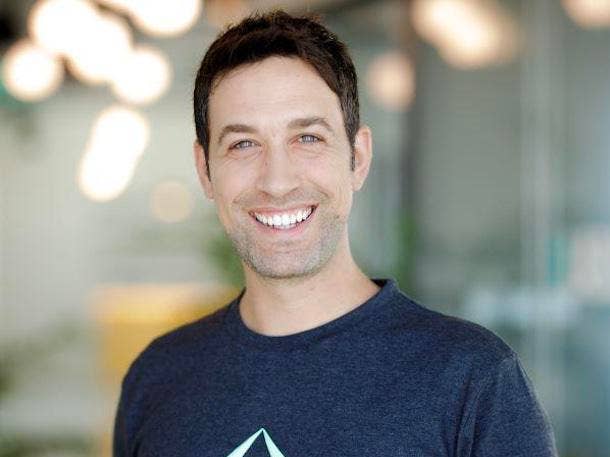
Idan Plotnik, co-founder and CEO of Apiiro
Apiiro
With a focus on providing robust security capabilities for cloud-native applications, Apiiro is working to enable software to be secured proactively before it’s released to the public. The company says that its “Risk Graph” technology stands out in the crowded application security space by bringing together many “isolated and unrelated findings hiding across source code, configurations, open-source packages and cloud infrastructure,” ultimately providing better visibility and a more-comprehensive approach to securing software.”
In early November, just weeks after acquisition talks with Palo Alto Networks reportedly ended, Apiiro announced raising $100 million in new funding. The firm has “absolutely” planned to dedicate a portion of the funding to expanding its channel efforts, Apiiro co-founder and CEO Idan Plotnik told CRN.
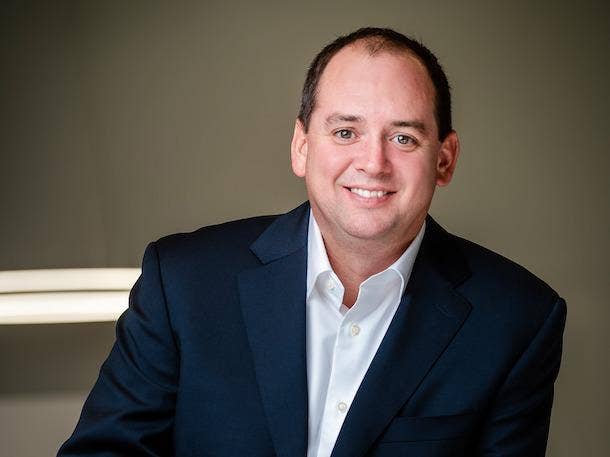
Arctic Wolf CEO Nick Schneider
Arctic Wolf
Arctic Wolf’s security operations platform offers essential capabilities such as 24/7 monitoring and threat detection, as well as response and recovery in the event of an attack. In addition to this managed detection and response offering, Arctic Wolf provides offerings such as digital risk management and managed security awareness.
The company, which has been valued by investors at $4.3 billion, has been “a 100 percent channel company” for a number of years, CEO Nick Schneider told CRN previously. Recent moves include raising $401 million in debt funding in October, including for its ongoing global expansion.

Devo CEO Marc van Zadelhoff
Devo
As security is more and more being recognized as a data analytics problem, Devo offers cloud-native alternative to the on-premises SIEM (security information and event management) systems that many security teams depend upon for cyberdefense. In mid-2021, while many cybersecurity up-and-comers were shedding staff, Devo signaled it was in growth mode as it raised $100 million in new funding at a valuation of $2 billion. The company said it planned to use the money to expand its sales operations and potentially pursue acquisitions, in addition to further developing its product.
Devo CEO Marc van Zadelhoff told CRN at the time that 60 percent of its U.S. sales came through the channel, crediting partners for “a big part” of the vendor’s growth. In September, Devo went on to acquire LogicHub, a 45-person company focused on security orchestration, automation and response (SOAR).

Adam Markowitz, co-founder and CEO of Drata
Drata
In December, Drata hauled in $200 million in new funding, both to continue development of its compliance and security automation product and to pursue growth in channel sales. The round brought Drata’s total funding to a total of $300 million in just two years of existence, and followed the company’s growth from “a few hundred customers to well over 2,000 just in the last 12 months,” Adam Markowitz, co-founder and CEO of Drata, told CRN in December.
Drata’s vice president of business development, Kevin Kriebel, said the company’s channel-focused team has consisted of about eight employees, handling about 100 partners, but suggested that those numbers may soon be heading upward.
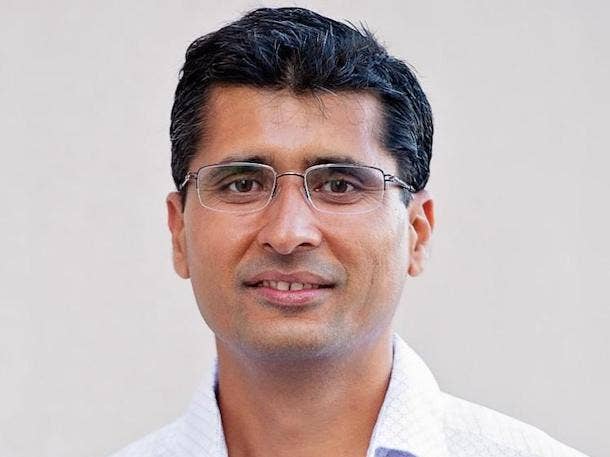
Fortanix CEO Ambuj Kumar
Fortanix
In September, data security vendor Fortanix announced raising $90 million in new funding, in part to expand channel sales. The company has been a major player in the realm of confidential computing, which reduces the cyber risk associated with the decryption of data while it’s in use. Ambuj Kumar, co-founder and CEO of Fortanix, told CRN that the majority of thew funding has been earmarked for an aggressive go-to-market campaign, featuring a heavy emphasis on working with channel partners. Fortanix had about 15 employees focused on its channel business as of September, which Kumar said could more than double within the year.
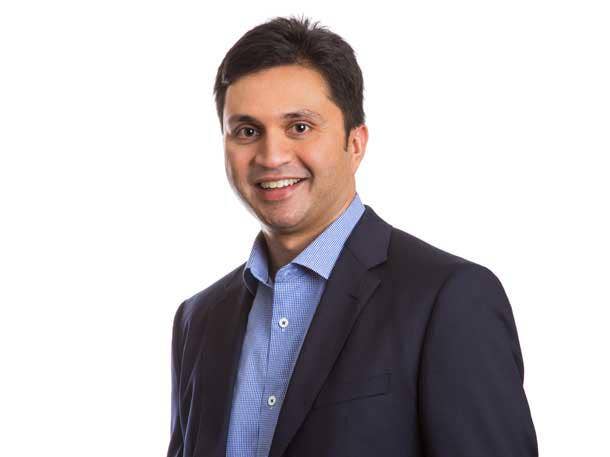
Netskope co-founder and CEO Sanjay Beri
Netskope
While many of its peers cut back in 2022, cloud security firm Netskope ramped up its growth with the acquisition of two security startups, Infiot and WootCloud. Netskope then kicked off 2023 with a major new funding round, raising $401 million in debt, in part to fund what it termed its “channel-centric” go-to-market strategy. In a statement, Netskope told CRN that “nearly 100 percent of [its] business is through [its] valued partner ecosystem,“ and that its current plan “absolutely includes partners and ongoing emphasis on our strategic channel relationships.”

NetSPI CEO Aaron Shilts
NetSPI
In October, NetSPI, a provider of penetration testing services and attack surface management capabilities, pulled in a $410 million funding round for uses including the expansion of its channel program. While NetSPI CEO Aaron Shilts told CRN at the time that less than 10 percent of its revenue was derived from work with the channel, the company is determined to boost its channel-driven sales, including through the recent hiring of a new channel chief and launch of a new partner program.
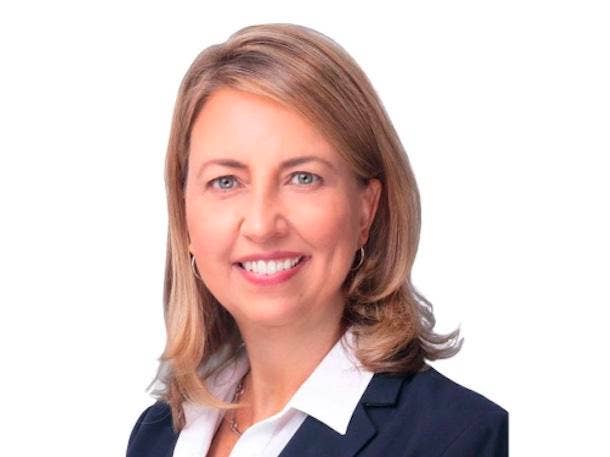
Secureworks President and CEO Wendy Thomas
Secureworks
While XDR has generated massive hype—and plenty of misuse—Secureworks has stood out by offering a “true” XDR platform that utilizes security data feeds from across a customer’s entire environment, not just endpoints and networks. As evidence of the company’s momentum in XDR, Secureworks disclosed hitting $222 million in annual recurring revenue, up 80 percent year over year as of the end of October for its Taegis platform, which includes XDR as well as vulnerability detection and response (VDR). The growth has been buoyed by a surge in channel sales for Secureworks, which is majority-owned by Dell Technologies. And the company is doubling down on the channel by announcing that as of December, all new Taegis business would be sold with the help of partners in North America.

Tenable CEO Amit Yoran
Tenable
In October, Tenable unveiled its exposure management platform, Tenable One, which aims to dramatically accelerate the identification and remediation of security vulnerabilities. The platform brings together vulnerability management with external attack surface management, identity management and cloud security data, and is “the only platform of its kind,” CEO Amit Yoran told CRN.
Tenable is “100 percent channel-based in our distribution,” Yoran said, and represents an “all-new revenue opportunity” for MSSPs. “These aren’t the traditional MSSP services,” he said.
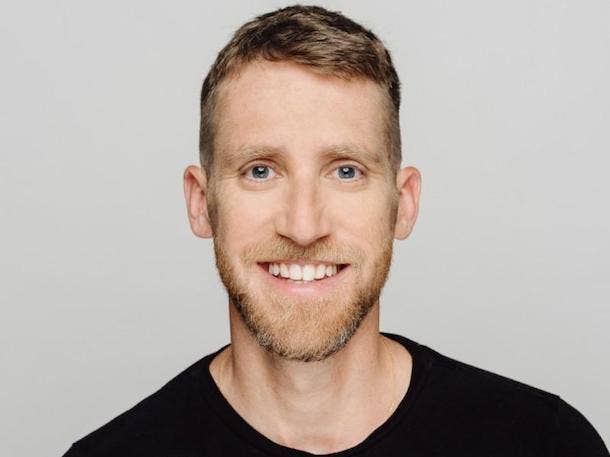
Assaf Rappaport, co-founder and CEO of Wiz
Wiz
Though only founded in 2020, cloud security vendor Wiz quickly found huge traction for its product that brings together numerous capabilities while deploying quickly and offering greater visibility and prioritization of threats. The Wiz product is agentless, helping to enable fast deployment, and excels at correlating various signals to allow for better risk prioritization in the cloud. In August, Wiz disclosed that it had crossed $100 million in annual recurring revenue, achieving this key startup milestone in the shortest amount of time of any company to date at 18 months, according to the company.